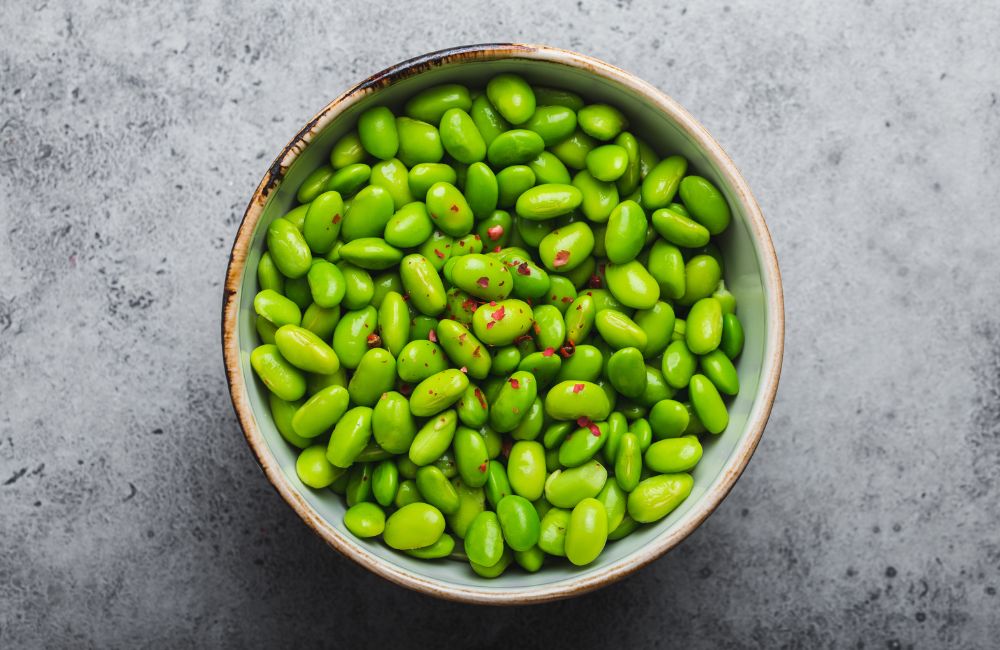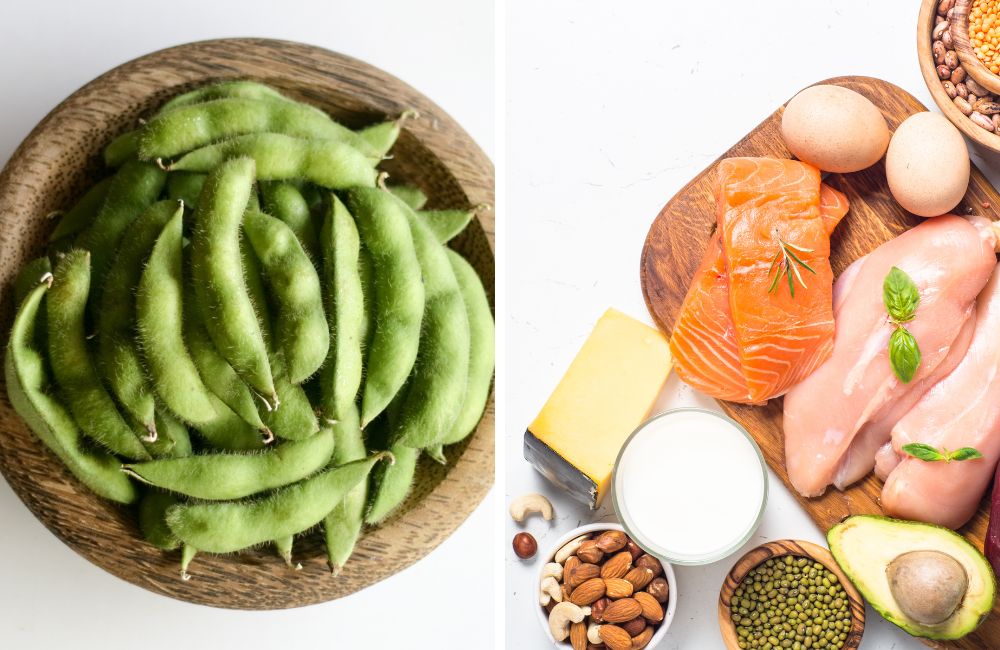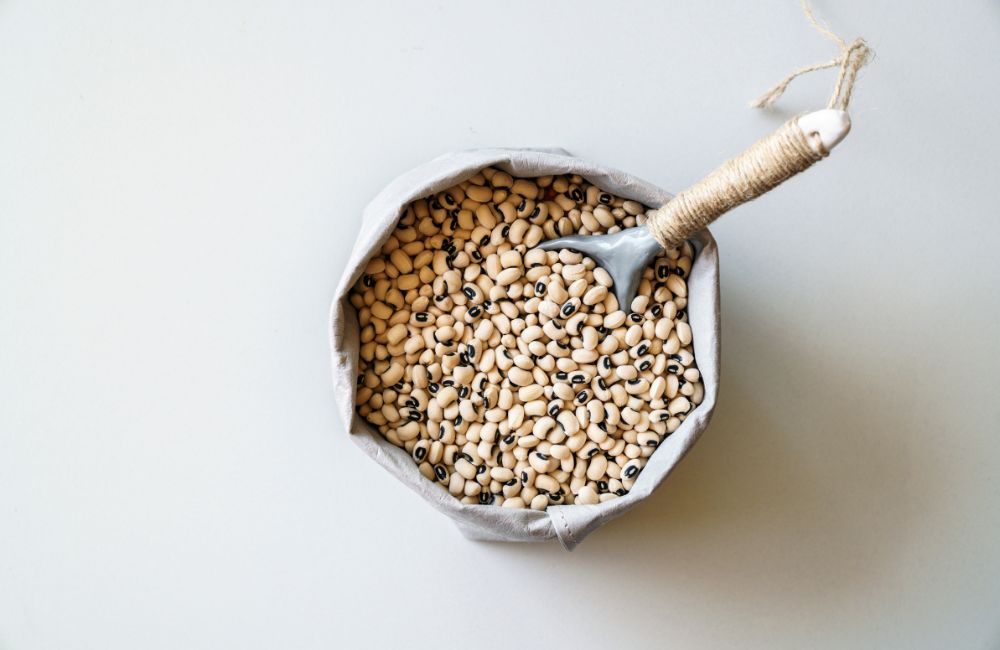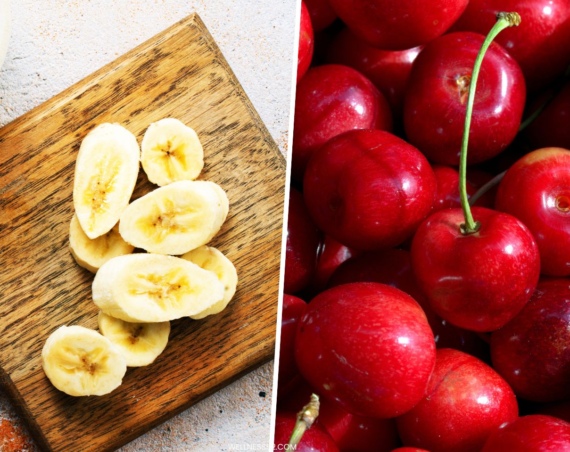
Protein is an essential nutrient in the human diet. But did you know the type of protein we choose may affect our longevity?
Plant-based diets have skyrocketed in popularity over the years, and for good reason.
Recent studies have shown consuming more plant proteins may be linked to a longer life. Let’s look at some of the differences between the two protein sources and how they might impact our lifespan (1).
You’ll also like:
Plant Protein vs Animal Protein

Animal protein, found in animal products is one of the most bioavailable forms of protein.
It contains all 9 essential amino acids required to make a complete protein that your body can use for many essential functions. You can find animal protein in meat, seafood, poultry, and dairy products. This includes milk, yogurt, and cheese.
Plant proteins are not as bioavailable as animal proteins. This is because most are missing one of the 9 essential amino acids. They also tend to contain less protein by volume than animal sources. Pairing different plant proteins together can help create a complete protein source that your body can use.
Plant proteins are lower in calories, iron, and fat compared to animal sources. Yet, plants are rich in many vitamins, minerals, and other essential nutrients, such as fiber and antioxidants. Below is a list of some of the top plant-based protein sources you can choose.
Top Plant-Based Protein Sources:

- Seitan
- Soy (tofu, tempeh, edamame)
- Beans and lentils
- Nutritional yeast
- Nuts and seeds
- Green peas
- Spirulina
- Quinoa
What’s the Connection?
Now that we know the difference between the two, what’s the connection between plant protein and longevity?
Most of us know that consuming more fruits and vegetables will lead to a longer life. Certain foods are better for us than others. Although some of it is well-known, some of it is not.
In 2020, heart disease was the leading cause of death in the United States. With diet playing a large role in this condition, the search is on to help get Americans make healthy dietary choices.
Although protein from animal sources may be more bioavailable and contain higher protein concentrations than plant products, plants contain more fiber, vitamins, and minerals, while being lower in calories.
This swap alone can help reduce incidences of overweight and obesity, which can contribute to an increased risk of heart disease (2).
A new study shows that those who consume more plants could increase their life expectancy by up to a decade. For this study, previous analysis from the Global Burden of Disease study was used to help estimate the changes in life expectancy based on various dietary adjustments.
The information was then put into a calculator, known as the Food For Healthy Life calculator. This helps people see the differences certain changes can make (1).
Another analysis showed every 10 grams of plant protein per 1000 calories had a 12-14% reduction in risk of death.
A systematic review and meta-analysis of 32 different studies showed a 5% reduced risk of death. It also showed a significant reduction in cardiovascular disease mortality. Ongoing research continues to show a positive link between plant protein intake and longevity (3).
How to Get More Plant-Based Protein
Getting in more plant-based protein can be as simple as a swap or substitution. For example, trade out your usual cow’s milk for unsweetened almond milk.
You can also substitute meats for tofu or seitan. Try switching out cheese for nutritional yeast or cashew cheese. Swap yogurt for coconut yogurt. You can omit the meat altogether in foods such as salads and instead toss in some nuts, seeds, or beans.
To ensure this is a lifestyle change, start small. If you are a big meat eater, it might be overwhelming to try cutting it all out. Instead, start by incorporating a few meatless meals.
Get the entire family involved by planning Meatless Mondays. Choose a starting point that feels realistic and comfortable for you. From there, you can work your way up.
You don’t need to cut out animal protein to get the benefits of choosing more plant-based foods. If you are a meat lover, incorporating in a little more plant protein and a little less meat can make a difference.


